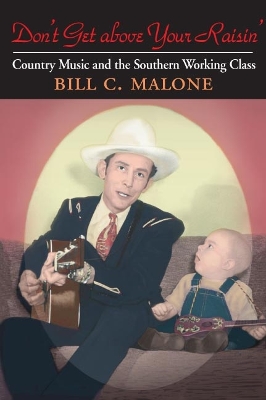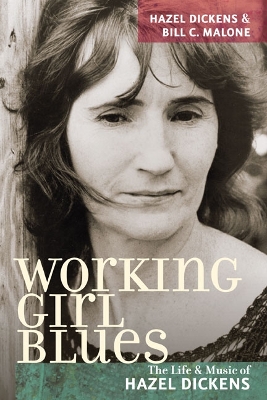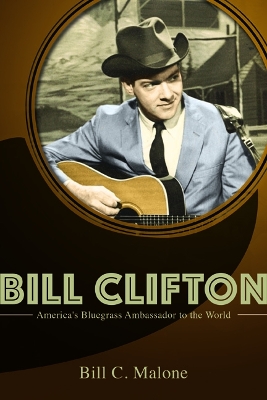Music in American Life
3 total works
A high-spirited history of country music's roots combined with vivid portraits of its principal performers
Hazel Dickens was an Appalachian singer and songwriter known for her superb musicianship, feminist country songs, union anthems, and blue-collar laments. Growing up in a West Virginia coal mining community, she drew on the mountain music and repertoire of her family and neighbors when establishing her own vibrant and powerful vocal style that is a trademark in old-time, bluegrass, and traditional country circles. Working Girl Blues presents forty original songs that Hazel Dickens wrote about coal mining, labor issues, personal relationships, and her life and family in Appalachia. Conveying sensitivity, determination, and feistiness, Dickens comments on each song, explaining how she came to write them and what they meant and continue to mean to her. Bill C. Malone's introduction traces Dickens's life, musical career, and development as a songwriter, In addition, Working Girl Blues features forty-one illustrations and a detailed discography of Dickens's commercial recordings.
The most atypical of bluegrass artists, Bill Clifton has enjoyed a long career as a recording artist, performer, and champion of old-time music. Bill C. Malone pens the story of Clifton's eclectic life and influential career. Born into a prominent Maryland family, Clifton connected with old-time music as a boy. Clifton made records around earning a Master's degree, fifteen years in the British folk scene, and stints in the Peace Corps and Marines. Yet that was just the beginning. Closely allied with the Carter Family, Woody Guthrie, Mike Seeger, and others, Clifton altered our very perceptions of the music--organizing one of the first outdoor bluegrass festivals, publishing a book of folk and gospel standards that became a cornerstone of the folk revival, and introducing both traditional and progressive bluegrass around the world. As Malone shows, Clifton clothed the music of working-class people in the vestments of romance, celebrating the log cabin as a refuge from modernism that rang with the timeless music of Appalachia. An entertaining account by an eminent music historian, Bill Clifton clarifies the myths and illuminates the paradoxes of an amazing musical life.


